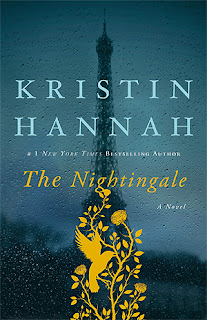Our November meeting was hosted by Beth at her home. Present were, Beth, Betty, Colette, Janet, Linda, Michèle and Shirley. Beth had a nice array of cheese, devilled eggs and nuts. She served us a wonderful Apple Crisp for dessert and of course wine and tea were also offered.
This month's book presented by Shirley was A Gentleman of Moscow by Amor Towles. This is the second book we have read from this author, the first being Rules of Civility. Mr. Towles is an American author and graduate of Yale and Stanford University. He work as an investment professional for over 20 years and now writes full time.
A Gentleman in Moscow recounts the life of a young Count Alexander Rostov who in 1922 is placed under house arrest in the Metropol Hotel in Moscow, a large grand hotel across the street from the Kremlin. For 32 years we learn how he copes with life within the hotel, we meet the friends he makes, the women who have shaped his life and how he grows emotionally and intellectually.
All our members enjoyed the book. It was an interesting premise, everything happening within the walls of the Metropol Hotel. The character development and relationship development between the Count and members of the staff and some hotel guests was very interesting. It was interesting to see how they evolved.
Hotel living is a world in itself, you learn who the staff are and who does what. You learn who the long term guests are and regular visitors to the restaurant. The Count enjoyed the food and wine and the people, he enjoyed working in the restaurant and used his skills to deter conflicts between clients.
We delighted in his relationship with the young Nina that he ends up raising. Together they explore the hotel and he teaches her about art, history and life. We wonder how his relationship with the actress Anna will develop.
Many enjoyed the storyline, long and very detailed, descriptions painted beautiful pictures of the Count's surrounding and the people he met and his friends. The end was well plotted, a bit of a countdown and charming in the way it unfolded. When he goes home at the end, he knows it won't be the same and he accepts the changes.
Thank you to Shirley for the book choice.









